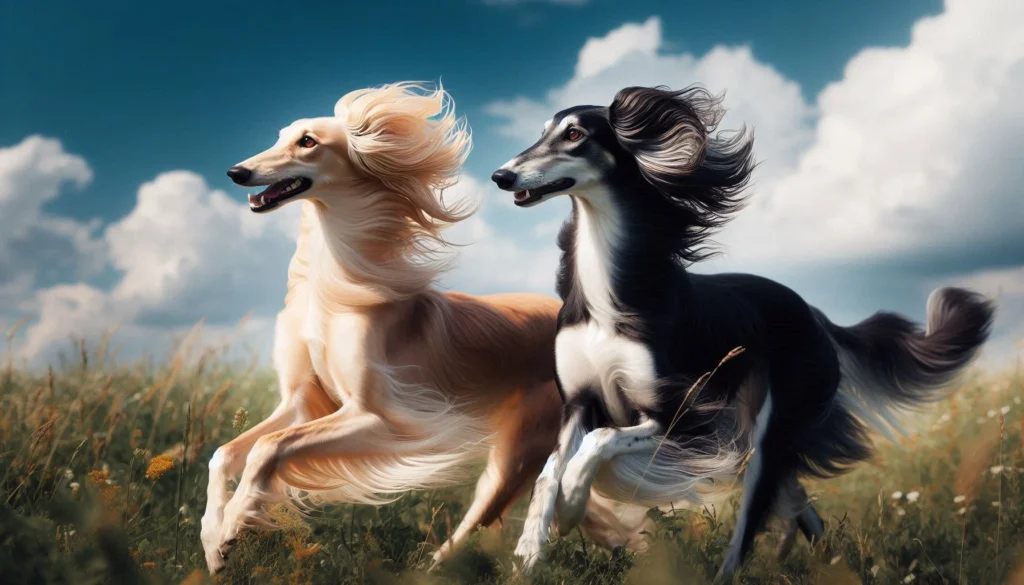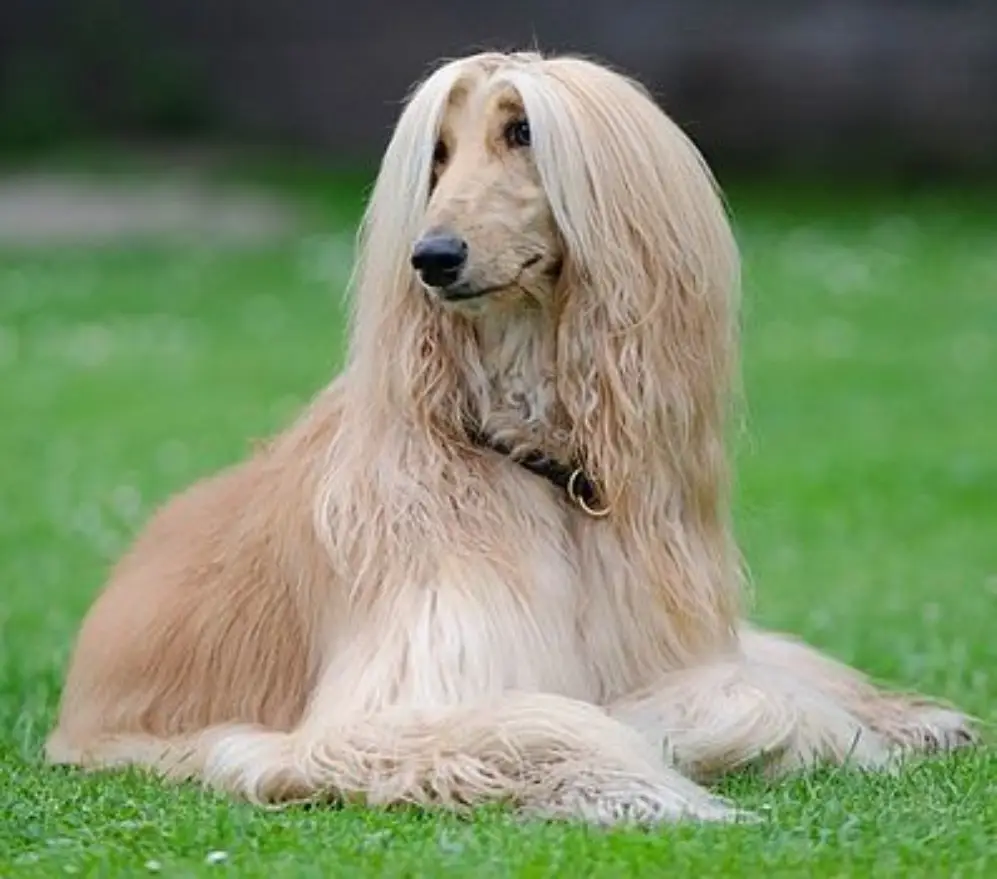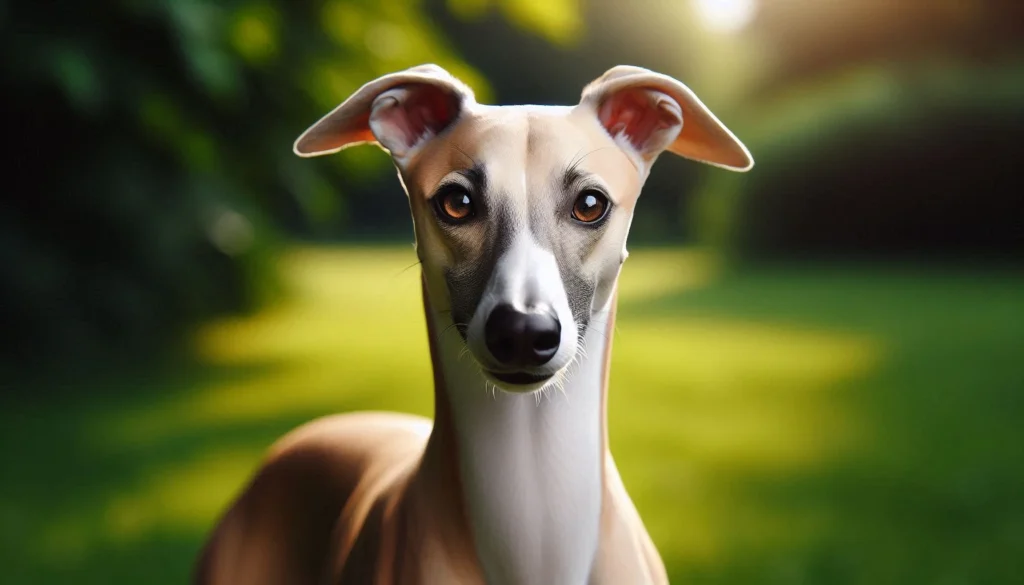Table of Contents
Saluki Dog Breed
The Saluki dog breed, often referred to as the “Royal Dog of Egypt,” stands out for its grace, elegance, and rich history. Known for their speed and endurance, Salukis are popular among dog owners who appreciate their unique characteristics. This breed is not only a sight to behold but also offers a loyal and affectionate companionship. In this article, we will explore the history, physical characteristics, temperament, health, care, training, and overall suitability of the Saluki as a family pet.
History and Origin

The Saluki is one of the ancient dog breeds, with a history that traces back thousands of years. Originating from the Middle East, the Saluki has been depicted in Egyptian tombs and carvings dating as far back as 2100 B.C. These dogs were treasured by nobility and often used for hunting game such as gazelles. The breed’s agility and speed made them exceptional hunters in the desert landscapes.
Historically, Salukis were considered a gift from Allah and were often given as precious gifts to royalty and high-ranking officials. The breed’s name is believed to come from the ancient city of Saluq in Yemen or an ancient tribe called the Beni Saluki, though the exact origin remains a topic of debate among historians.
Physical Characteristics

Salukis are characterized by their slender, yet muscular build, which contributes to their exceptional speed and agility.
Size
- Height: Males typically stand between 23 to 28 inches tall, while females are slightly smaller.
- Weight: They usually weigh between 40 to 65 pounds.
Coat Type and Colors
The Saluki’s coat can be either smooth or feathered. Smooth-coated Salukis have short hair all over their bodies, whereas feathered Salukis have longer hair on their ears, tail, and sometimes the backs of their legs.
Color variations include white, cream, fawn, golden, red, grizzle & tan, and tricolor (white, black, and tan).
Distinctive Features
One of the most distinctive features of the Saluki is their deep chest and long legs, which give them a unique silhouette. They also have large, expressive eyes that convey intelligence and grace.
Temperament and Personality

Salukis are known for their gentle and reserved nature. They form strong bonds with their families but can be aloof with strangers.
Interaction with People
Salukis are typically affectionate with their families and enjoy spending time with their human companions. They are known to be sensitive and may not respond well to harsh training methods.
Interaction with Children and Other Animals
While Salukis are generally good with children, they do best in homes with older kids who understand how to interact with dogs. They can coexist with other dogs, especially if they are socialized from a young age. However, due to their hunting background, they might have a high prey drive and may not be suitable for homes with small pets like cats or rabbits.
Health and Lifespan
Salukis are relatively healthy dogs but, like all breeds, they are prone to certain health issues.
Common Health Issues
- Cardiomyopathy: A heart condition that can affect dogs.
- Eye Problems: Progressive retinal atrophy (PRA) is a common issue.
- Hypothyroidism: A condition where the thyroid gland does not produce enough hormones.
- Autoimmune Disorders: Some Salukis can be prone to autoimmune-related health problems.
Lifespan
The average lifespan of a Saluki is between 12 to 14 years. With proper care, some can live even longer.
Tips for Keeping Your Saluki Healthy
- Regular vet check-ups to monitor for common health issues.
- A balanced diet rich in nutrients.
- Regular exercise to keep them physically and mentally stimulated.
Care and Grooming

Caring for a Saluki involves regular grooming, a suitable diet, and adequate exercise.
Grooming Needs
- Brushing: Feathered coats require more frequent brushing to prevent tangles, while smooth coats need brushing once a week.
- Bathing: Only bathe when necessary to avoid stripping natural oils from their coat.
- Nail Trimming: Regularly trim their nails to keep them at a comfortable length.
- Dental Care: Brush their teeth regularly to prevent dental issues.
Exercise Requirements
Salukis are high-energy dogs that need plenty of exercise. They enjoy running and are best suited for homes with large, secure yards. Regular walks and playtime are essential to keep them happy and healthy.
Dietary Recommendations
Feed your Saluki a high-quality, balanced diet that meets their nutritional needs. Consult with your vet to determine the best food and portion sizes for your Saluki’s age, weight, and activity level.
Training and Socialization
Training a Saluki can be a rewarding experience if approached correctly.
Training Tips
- Positive Reinforcement: Use rewards like treats and praise to encourage good behavior.
- Consistency: Be consistent with commands and routines.
- Patience: Salukis can be independent thinkers, so patience is key.
Socialization Tips
- Early Socialization: Expose them to different environments, people, and other animals from a young age.
- Puppy Classes: Enrolling in puppy classes can help with socialization and basic training.
- Gentle Handling: Use calm and gentle handling to build trust.
Suitability as a Family Pet

Salukis can make wonderful family pets for the right household.
Living Environment Considerations
- Space: Ideally suited for homes with large, fenced yards where they can run freely.
- Climate: They are better suited for warmer climates but can adapt to colder environments with proper care.
Energy Levels
Salukis have high energy levels and require regular exercise. They are not well-suited to a sedentary lifestyle and need active owners who can meet their exercise needs.
Fun Facts and Trivia
- Ancient Royalty: Salukis were often mummified and buried with pharaohs in ancient Egypt.
- Speed Demons: Salukis can run at speeds of up to 42 miles per hour.
- Sighthound: They rely on sight rather than scent to hunt their prey.
Dog Breeds Similar to Saluki



If you find the Saluki intriguing, you might also be interested in these similar breeds:
Afghan Hound
Known for their long, flowing coat and aristocratic appearance, Afghan Hounds are also ancient sighthounds with a history of hunting in the rugged terrains of Afghanistan.
Greyhound
Famous for their speed, Greyhounds are gentle and affectionate dogs. Like Salukis, they are slim, muscular, and built for sprinting.
Whippet
Often considered a smaller version of the Greyhound, Whippets are fast, agile, and make excellent companions. They are known for their friendly and affectionate nature.
Conclusion
The Saluki is a breed that combines elegance, history, and athleticism. With their loyal and affectionate nature, they make excellent companions for those who can meet their exercise and socialization needs. If you are considering adding a Saluki to your family, take the time to understand their unique characteristics and ensure you can provide the care they deserve.
FAQ
Is the Saluki a dangerous dog?
No, Salukis are not considered dangerous. They are generally gentle and reserved. However, like all dogs, they should be properly socialized and trained to ensure they are well-behaved.
Is the Saluki the best guard dog to protect you or your family?
Salukis are not known for being good guard dogs. They are more likely to be aloof with strangers rather than aggressive. If you are looking for a guard dog, breeds like German Shepherds or Rottweilers may be more suitable.